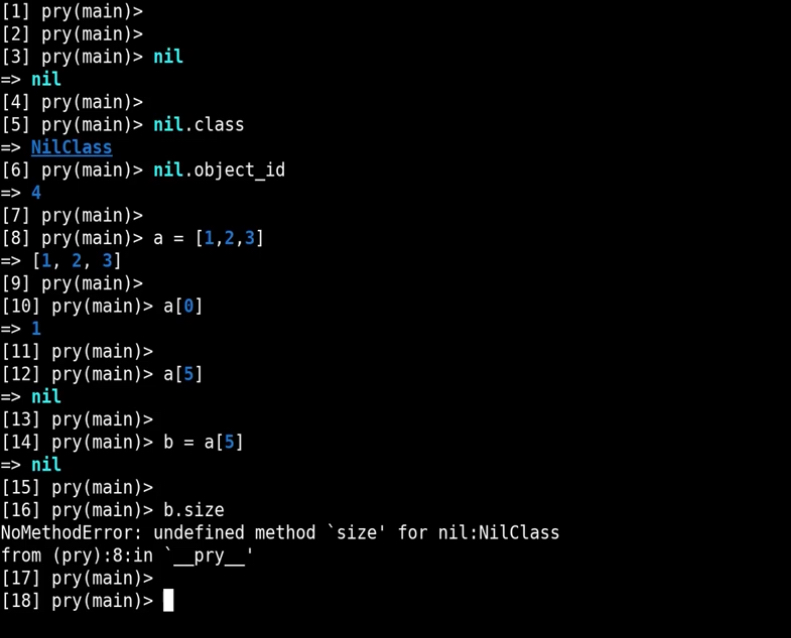Sorting collections, an operation frequently required in Ruby programming, is streamlined thanks to Ruby’s array of built-in methods. This guide elucidates these methods, offering insights into their mechanisms and the scenarios they best suit.
Ruby’s Built-in Sorting Methods
Ruby provides several methods for sorting data structures:
- sort: Returns a new array with elements sorted;
- sort_by: Facilitates advanced sorting based on specified criteria;
- sort!: Modifies the original array, sorting its elements in place for enhanced performance.
Understanding the nuances and applications of these methods enables more effective data manipulation.
Advanced Sorting with sort_by
sort_by offers sophisticated sorting capabilities, including sorting based on string length, contents, or numerical properties, through a simple yet powerful syntax:
| words = %w[foo test blog a]words.sort_by(&:length)# => [“a”, “foo”, “test”, “blog”] |
Sorting In-Place with sort!
For scenarios where performance is critical, sort! Alters the original array, conserving memory and processing time:
| numbers = [5, 3, 2, 1]numbers.sort!# => [1, 2, 3, 5] |
Custom Sorting Techniques
Ruby’s flexibility allows for customized sorting logic, accommodating complex conditions and enhancing the adaptability of sorting operations:
| strings = %w[foo test blog a]strings.sort { |a, b| a.length <=> b.length }# => [“a”, “foo”, “test”, “blog”] |
Sorting Strings and Alphanumeric Values
Sorting strings containing numerical values often requires a tailored approach to achieve the desired order:
| music = %w[21.mp3 10.mp3 5.mp3 40.mp3]music.sort_by { |s| s.scan(/\d+/).first.to_i }# => [“5.mp3”, “10.mp3”, “21.mp3”, “40.mp3”] |
Organizing Hashes with Sort Methods
Sorting a hash by its values or keys transforms it into a multi-dimensional array, which can then be easily converted back into a hash:
| hash = {coconut: 200, orange: 50, bacon: 100}sorted = hash.sort_by(&:last).to_h# => {orange: 50, bacon: 100, coconut: 200} |
Implementing Multi-attribute Sorting
For data with multiple sorting criteria, sort_by effortlessly manages primary and secondary attributes:
| events.sort_by { |event| [event.date, event.name] } |
Exploring the Quicksort Algorithm
While Ruby’s built-in methods are efficient, understanding the underlying algorithms, like quicksort, enriches one’s computational thinking:
| def quick_sort(list) # Quicksort implementationend |
Performance Comparison of Sorting Methods
A comparative analysis reveals the efficiency trade-offs between different sorting approaches, guiding the choice of method based on performance requirements.
| Method | Efficiency | Best Use |
|---|---|---|
| sort | High | Simple sorting needs |
| sort_by | Moderate to High | Complex sorting criteria |
| sort! | Very High | In-place sorting for performance |
Video Guide
To answer all your questions, we have prepared a video for you. Enjoy watching it!
Conclusion
This comprehensive exploration of Ruby’s sorting capabilities demonstrates the power and versatility of sort, sort_by, and sort! methods. By mastering these techniques, Ruby programmers can efficiently organize data, tailoring the sorting process to the specific demands of any project.


